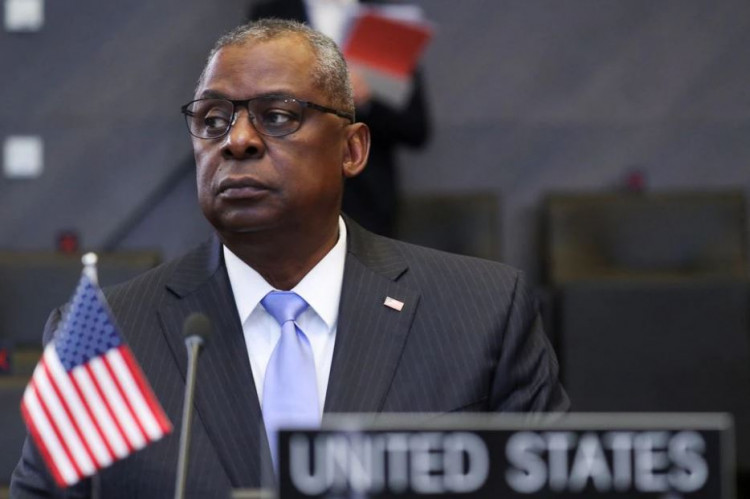China's refusal to meet with U.S. Defense Secretary Lloyd Austin this week has further strained the already fraught relationship between the two nations' defense leaders. The rejection came as Austin attended the ASEAN Defense Ministers' Meeting-Plus in Laos, an event often used for high-level dialogues. Beijing's decision highlights its protest against a recent $2 billion U.S. arms sale to Taiwan, which it claims undermines its sovereignty and security interests.
"It's unfortunate," Austin told reporters. "It affects the region because the region really wants to see us, two significant players in the region, talk to each other, and that reassures the entire region."
The Pentagon had proposed the meeting with China's Defense Minister Dong Jun, but Beijing declined, citing objections to the U.S. weapons package for Taiwan. Approved in late October, the arms deal includes advanced surface-to-air missile systems and radar equipment. According to China's Ministry of Foreign Affairs, the sale "seriously undermines China-U.S. relations and peace and stability across the Taiwan Strait."
While Austin called the rejection a "setback," he remained optimistic, stating, "I don't think that it has any sort of implications for the future. I just think it's something they chose to do at this point in time."
The decision to halt military talks is the latest in a series of obstacles hindering U.S.-China defense communications. These include lingering tensions over sanctions, the fallout from the spy balloon incident earlier this year, and the controversial 2022 visit of former U.S. House Speaker Nancy Pelosi to Taiwan. Beijing's move also marks the first suspension of high-level military talks between the nations in over a year.
Chinese President Xi Jinping and outgoing U.S. President Joe Biden met last Saturday on the sidelines of the G20 Summit in Peru. The talks touched on shared priorities like climate change and artificial intelligence but underscored deep divisions on issues including Taiwan, trade, and China's support for Russia's defense industry amid the war in Ukraine.
"President Biden reiterated his grave concern over the fact that the DPRK has deployed a significant number of troops to Western Russia to participate in the battle against Ukraine," National Security Adviser Jake Sullivan said after the meeting. Sullivan also dismissed suggestions that Biden acted as an intermediary between Xi and President-elect Donald Trump.
China's hardline stance on Taiwan continues to be a pivotal point of contention. The self-governed island, which Beijing considers a breakaway province, remains at the center of the U.S.-China rivalry. Austin has consistently emphasized the need to keep communication channels open, saying, "Military-to-military dialogue is essential for avoiding miscalculations and maintaining stability."
Experts suggest that China's rejection of the meeting reflects a broader strategy to push back against U.S. policies that Beijing views as antagonistic. Beyond the arms sale, China has expressed frustration over what it perceives as Washington's growing interference in its regional affairs, including the South China Sea.
Despite the setback, diplomatic engagements between the two powers continue in other arenas. Earlier this week, U.S. Secretary of State Antony Blinken discussed China's role in Ukraine with Chinese Foreign Minister Wang Yi, expressing skepticism over Beijing's peace initiatives. "China's discussions about peace in Ukraine make no sense," Blinken remarked during the talks.
As President-elect Trump prepares to take office, the U.S.-China dynamic remains in flux. Xi pledged to work with the incoming administration, signaling an openness to addressing long-standing issues such as cybercrime, trade disputes, and the Taiwan question. However, the current impasse over defense talks underscores the challenges ahead.





